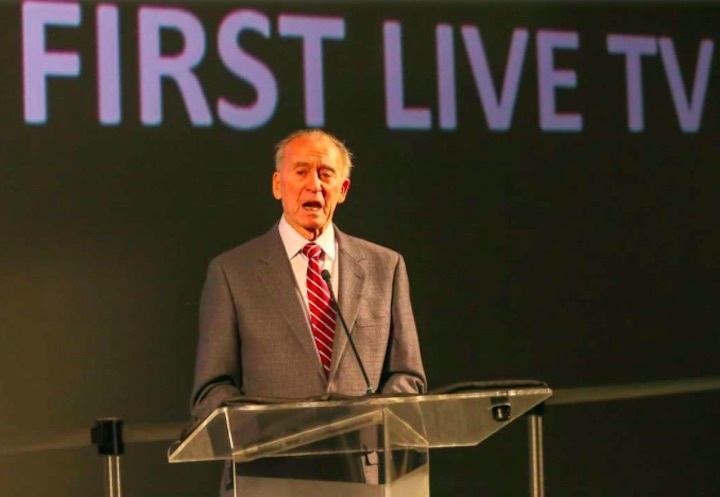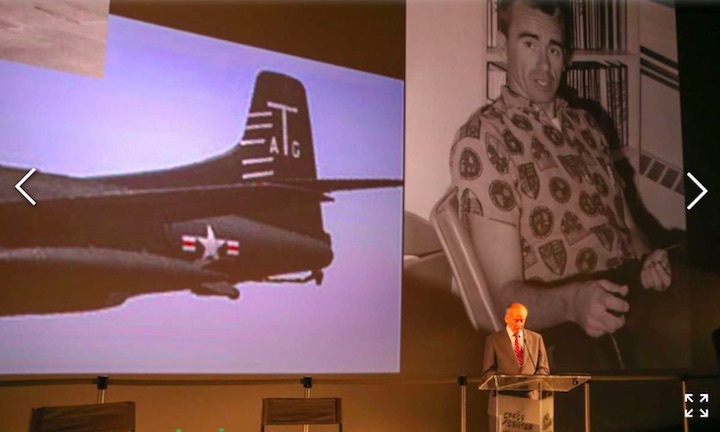7.10.2018


Apollo 7 astronaut Walt Cunningham decided to join NASA nearly six decades ago, but the 86-year-old still remembers the day like it was yesterday.
He was driving through the Santa Monica mountains on May 5, 1961, headed to the job he worked part time while earning his doctorate in physics from the University of California-Los Angeles. It was early — before 7 a.m., he recalls — and on the radio was the countdown to the Mercury spaceflight that would make Alan Shepard the first American in space.
Cunningham pulled over. And as the count ticked down to lift off, he heard himself screaming “You lucky son of a b—ch!”
Less than three years later, in 1963, Cunningham was tapped as an astronaut. And during an event Friday at Space Center Houston, he called it “one of the world’s greatest jobs ever.”
Cunningham’s speech Friday came less than a week before the 50th anniversary of his first and only spaceflight, Apollo 7, on Oct. 11, 1968. It was the first spacecraft in the Apollo program to take humans into space.
Nine months later, Neil Armstrong and Buzz Aldrin left footprints on the moon.
“When Apollo is mentioned today, the public recalls Apollo 11 of course … and sometimes Apollo 13, because they made that movie,” Cunningham joked. “They rarely recall Apollo 7 … but [it was] a test mission that played a critical role in the most historic achievement in the nation’s history.”
Cunningham, originally from Iowa, was a Marine Corps fighter pilot before becoming an astronaut. And he remembers the 1960s and 1970s as “the golden age of spaceflight.”
It “took a team willing to stick their necks out … willing to risk failing,” Cunningham said. “Back in those days, we shared a common dream to test the limits of man’s imagination and daring. That attitude allowed us to overcome every obstacle.”
That’s the main difference between the Apollo era and present day: Society today is a “risk adverse society,” he said.
Americans today are so focused on “eliminating risk and getting absolute assurance that something can be done,” he said. “The once rambunctious agency has been paralyzed by the desire of a risk free society.”
It also has become incredibly political, he said, which only hinders its ability to take risks.
“Today, our grand aspirations are usually at the mercy of politicians,” who are focused on survival in office, he said. “We can’t just be politically correct. We have to be willing to do what is right, even if it’s not popular.”
He encouraged everyone in the audience to stick their neck out and take risks: there are things to gain from failures and what you learn from them.
“Our only real limits are those that we place on ourselves,” he said.
Quelle: Houston Chronicle

